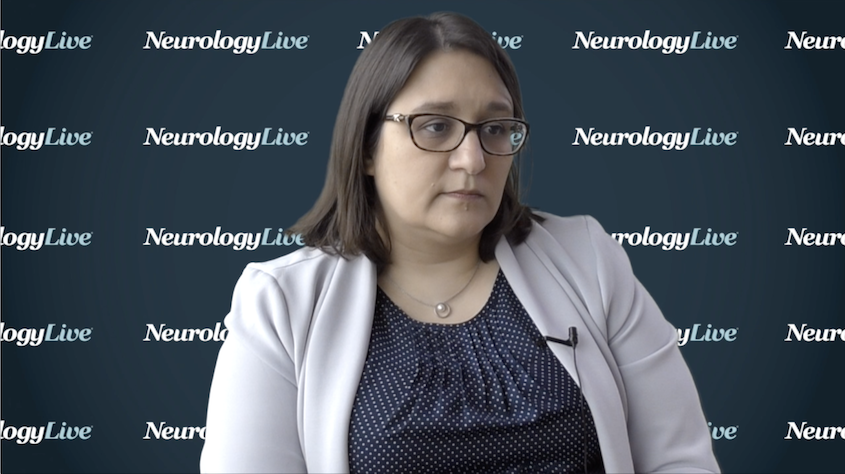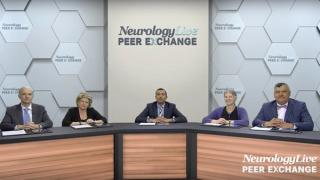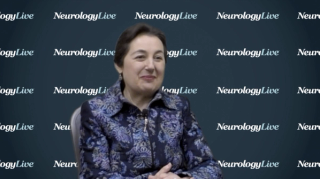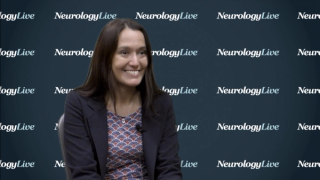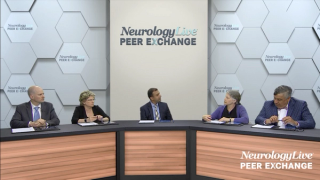
Epilepsy
Latest News
Latest Videos

CME Content
More News

The assistant professor of psychology at East Carolina University spoke about the need for patient-specific, and sometimes creative, approaches to improving adherence, which itself involves more than just medication.

Daniel Lowenstein, MD, professor of neurology and executive vice chancellor and provost at the University of California, San Francisco, discussed the ongoing trials and steps being taken to turn the gut microbiome into a realistic therapeutic option for patients with epilepsy.
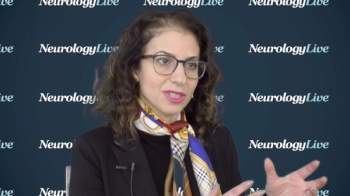
The professor of neurology and epilepsy specialist at the Cleveland Clinic Lerner College of Medicine discussed the research on seizure freedom scores and their influence on individualized clinical care.
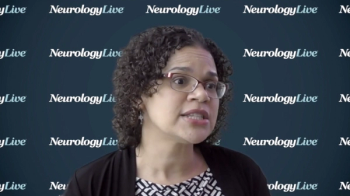
The assistant professor of neurology at the University of Wisconsin provided insight on the additional oversight required when caring for adult epilepsy patients who remain on the ketogenic diet.

The professor of neurology and executive vice chancellor and provost at the University of California, San Francisco detailed the connection between the gut microbiome and epilepsy.

The cross-company collaborative will be supported by 8 sponsors and will make no-charge genetic testing available for all children under 8 with unprovoked seizures.
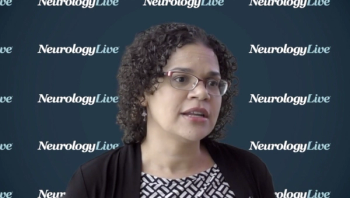
The assistant professor of neurology at the University of Wisconsin discussed the challenges of transitioning patients on the ketogenic diet from pediatric to adult epilepsy care.

Lara Jehi, MD, professor of neurology and co-director of Network Capacity for the Clinical and Translational Science Collaborative of Cleveland Clinic, has been appointed as the inaugural chief research information officer.

Daniel Lowenstein, MD, professor of neurology and executive vice chancellor and provost at the University of California, San Francisco spoke to the research on the gut microbiome and its parallels to epilepsy.

MONEAD study data suggest that AED drug exposure in infants is low compared with their mothers who were taking AED therapy, and thus supports the general safety of breastfeeding by mothers with epilepsy.
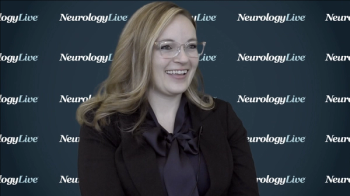
Despite showing great promise to provide additional and supplementary care to patients with a number of conditions, including epilepsy, some barriers remain to bringing telemedicine to more providers and patients.
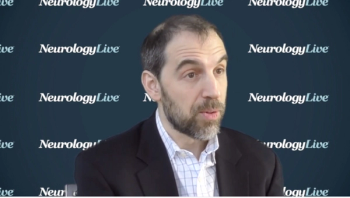
The director of the Pediatric Epilepsy Program at Weill Cornell Medicine detailed ways to utilize quality measures to improve implementation of in patients with infantile spasms.

Neurology News Network for the week ending January 4, 2020.

The director of the Pediatric Epilepsy Program at Weill Cornell Medicine detailed the reasons behind why patients with infantile spasms do not receive recommended care.

The approvals introduced several new classes of drugs, including the ditans and gepants in migraine, as well as novel formulations that can ease the administration of treatments for Parkinson disease and epilepsy.

The staff epileptologist at Cleveland Clinic’s Epilepsy Center spoke to the benefits of telemedicine for patients with epilepsy, and how the practice can alleviate a number of burdens.
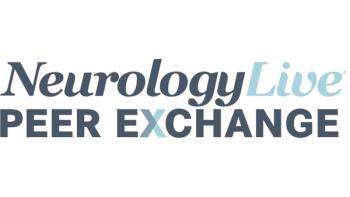
Catch up on some of our most popular Peer Exchange panels with experts in the field, including discussions on epilepsy, migraine, multiple sclerosis, and more.

"Mind Moments," a podcast from NeurologyLive, brings you an exclusive interview with Daniel Lowenstein, MD.
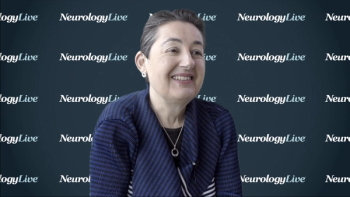
The professor of neurology at NYU Langone offered insight into the state of affairs with current seizure rescue medications and added her insight into how intranasal diazepam may improve the patient experience.

Catch up on some of our most popular video interviews with leaders in the field, including discussions with Imad Najm, MD, James Leverenz, MD, Richard Isaacson, MD, and more.
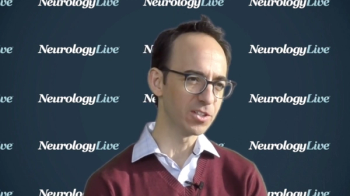
The director of Infantile Spasms Program at UCLA Mattel Children’s Hospital discussed why learning more about patients with infantile spasms may lead to further breakthroughs on the origins of autism spectrum disorder.
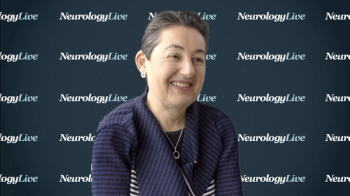
The professor of neurology at NYU Langone spoke to her clinical experience with cenobamate and how she anticipates it might be utilized once it becomes commercially available.
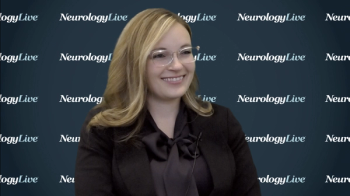
The staff epileptologist at Cleveland Clinic’s Epilepsy Center spoke to her experience using telemedicine to manage patients with epilepsy and some of the unexpected perspectives it offers.

The second of 2 identical trials investigating 2 doses of low-dose fenfluramine (Fintepla) is set to be completed in early 2020, as the agent awaits FDA approval.

Panelists review the delicate process of introducing a new medication to a treatment regimen and the creative endeavors employed to improve adherence.




